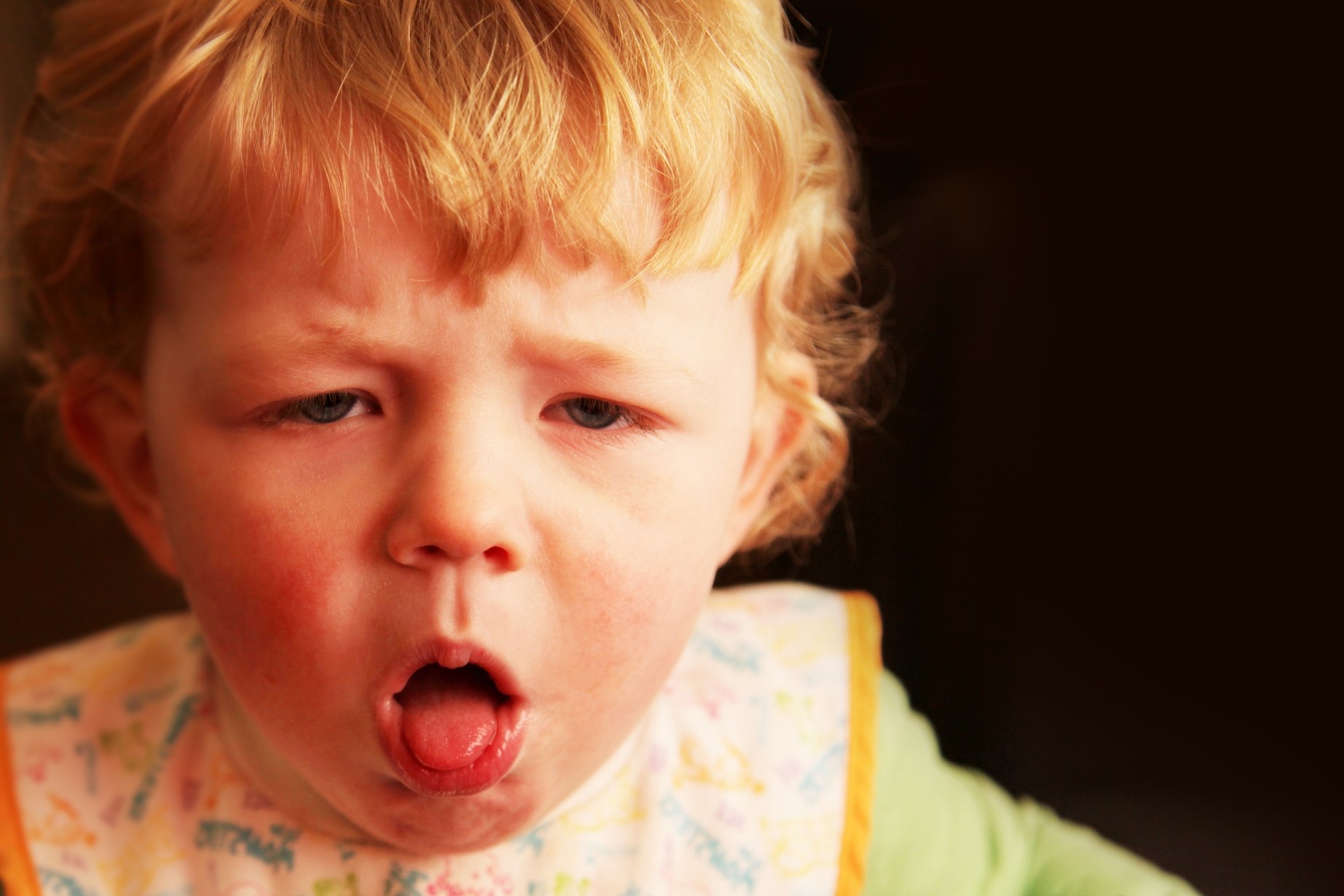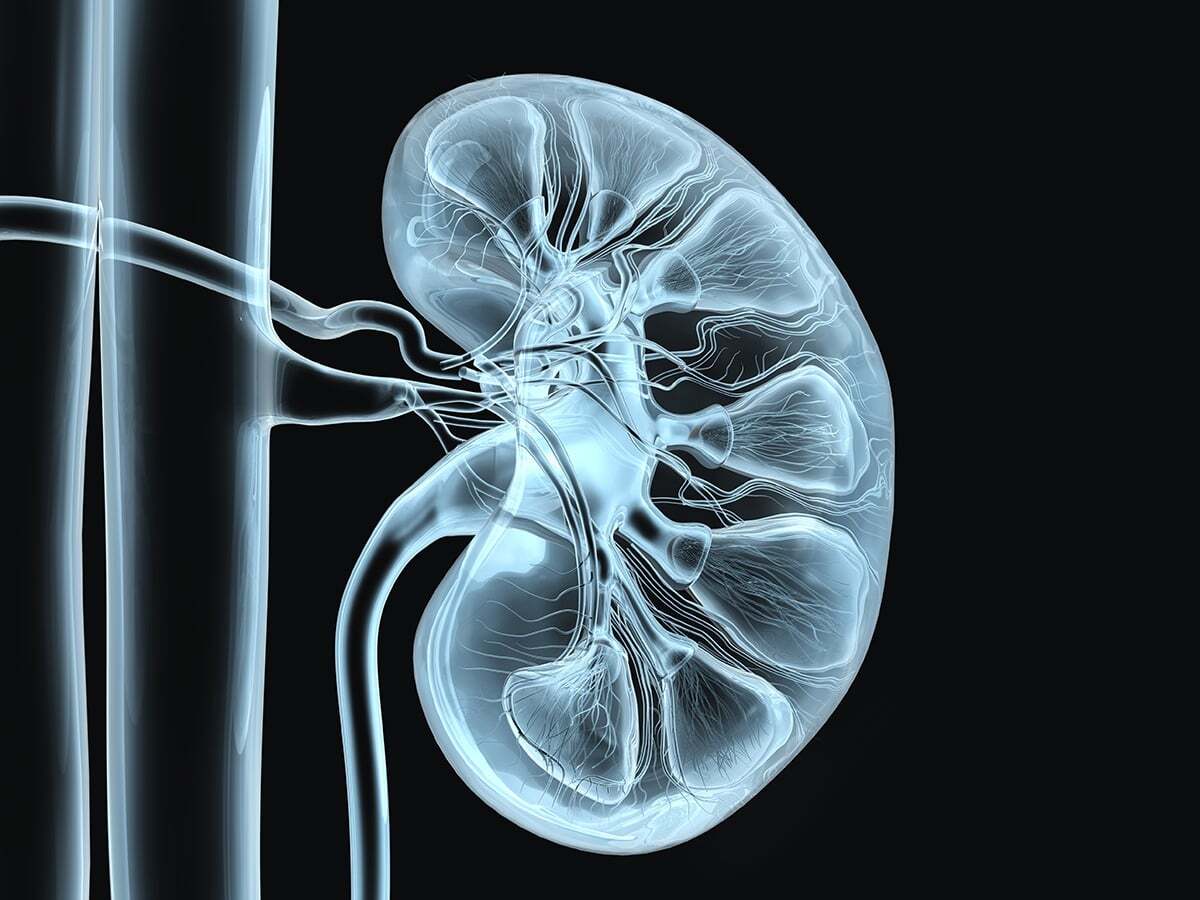
Whooping cough, also known as pertussis, is a highly contagious respiratory disease known for its severe coughing fits that end in a "whooping" sound when the person breathes in. Despite being preventable by vaccine, it remains a significant health concern, especially for infants and those with weakened immune systems. With advancements in medical science, understanding this condition has never been more critical. In this post, we'll unveil 20 intriguing facts about whooping cough, shedding light on its symptoms, transmission, prevention, and treatment. Whether you're a concerned parent, a health enthusiast, or simply curious, these insights will equip you with essential knowledge about this persistent ailment. Let's dive into the world of whooping cough, unraveling its mysteries one fact at a time.
What is Whooping Cough?
Whooping cough, also known as pertussis, is a highly contagious respiratory infection caused by the bacterium Bordetella pertussis. It's known for severe coughing spells, which can end in a "whooping" sound when the person breathes in. Despite being preventable by vaccine, it remains a significant health issue, especially for infants and those with weakened immune systems.
How Does Whooping Cough Spread?
-
Transmission occurs primarily through airborne droplets from the coughs or sneezes of an infected person. Close contact with an infected individual greatly increases the risk of catching the disease.
-
Incubation period for whooping cough is usually 7 to 10 days after exposure, but symptoms can take as long as three weeks to appear.
Symptoms of Whooping Cough
-
Early symptoms resemble those of a common cold, including runny nose, mild cough, and fever. This can make early diagnosis challenging.
-
After a week or two, severe coughing begins. Coughing spells can be so intense that they cause vomiting, red or blue face, and extreme fatigue. The characteristic "whoop" sound occurs as patients try to breathe in air after a coughing fit.
Who is at Risk?
-
Infants are particularly vulnerable to severe cases of whooping cough. They often don't have the strength to cough forcefully and may not make the whooping sound.
-
Unvaccinated individuals and those with weakened immune systems are at a higher risk of contracting the disease.
Treatment and Prevention
-
Antibiotics are effective in treating whooping cough, especially when started early in the infection. They can also prevent the spread of the bacterium to others.
-
Vaccination is the best defense against whooping cough. The DTaP vaccine is recommended for children, and pregnant women are advised to get the Tdap vaccine to protect newborns.
The Impact of Vaccination
-
Herd immunity plays a crucial role in controlling whooping cough. When a high percentage of the population is vaccinated, it provides indirect protection to those who are not eligible for vaccination, such as newborns.
-
Despite widespread vaccination, outbreaks still occur, often in communities with lower vaccination rates.
Historical Perspective
-
Whooping cough was a major cause of childhood illness and death in the United States before the vaccine was introduced in the 1940s.
-
Historical records indicate that whooping cough has been affecting humans for centuries. It was first described in the 16th century.
Global Perspective
-
Worldwide, there are an estimated 24.1 million cases of whooping cough and about 160,700 deaths per year among children younger than 5 years.
-
In developing countries, the disease burden remains high due to lower vaccination coverage.
Recent Trends
-
Resurgence of whooping cough in some countries has been linked to waning immunity over time and the adaptation of Bordetella pertussis strains.
-
Research is ongoing to develop new vaccines that provide longer-lasting protection and to understand the dynamics of transmission in vaccinated populations.
Understanding the Vaccine
-
The DTaP vaccine protects against diphtheria, tetanus, and pertussis. It's given to children in five doses at specific ages.
-
Tdap is a booster vaccine for teenagers and adults. It's especially recommended for pregnant women during each pregnancy to protect newborns.
Myths and Facts
-
Myth: Vaccines cause whooping cough. Fact: Vaccines are the most effective way to prevent whooping cough. The disease is caused by a bacterium, not the vaccine.
-
Myth: Only children get whooping cough. Fact: People of all ages can contract whooping cough, but it's most severe in infants and those with compromised immune systems.
A Final Word on Whooping Cough
Whooping cough, or pertussis, is more than just a bad cough. It's a highly contagious respiratory disease that can be serious, especially for babies and young children. Vaccination is key to prevention, offering a shield against this pertussis bacteria. Despite advancements in medicine, outbreaks still occur, underscoring the importance of community immunity. Recognizing symptoms early, like the distinctive "whoop" sound after a coughing fit, can lead to timely treatment and reduce the spread. Remember, it's not just a personal health issue but a community concern. By staying informed, getting vaccinated, and practicing good hygiene, we can all play a part in controlling the spread of whooping cough. Let's keep our communities safe and healthy by staying vigilant against pertussis.
Was this page helpful?
Our commitment to delivering trustworthy and engaging content is at the heart of what we do. Each fact on our site is contributed by real users like you, bringing a wealth of diverse insights and information. To ensure the highest standards of accuracy and reliability, our dedicated editors meticulously review each submission. This process guarantees that the facts we share are not only fascinating but also credible. Trust in our commitment to quality and authenticity as you explore and learn with us.


